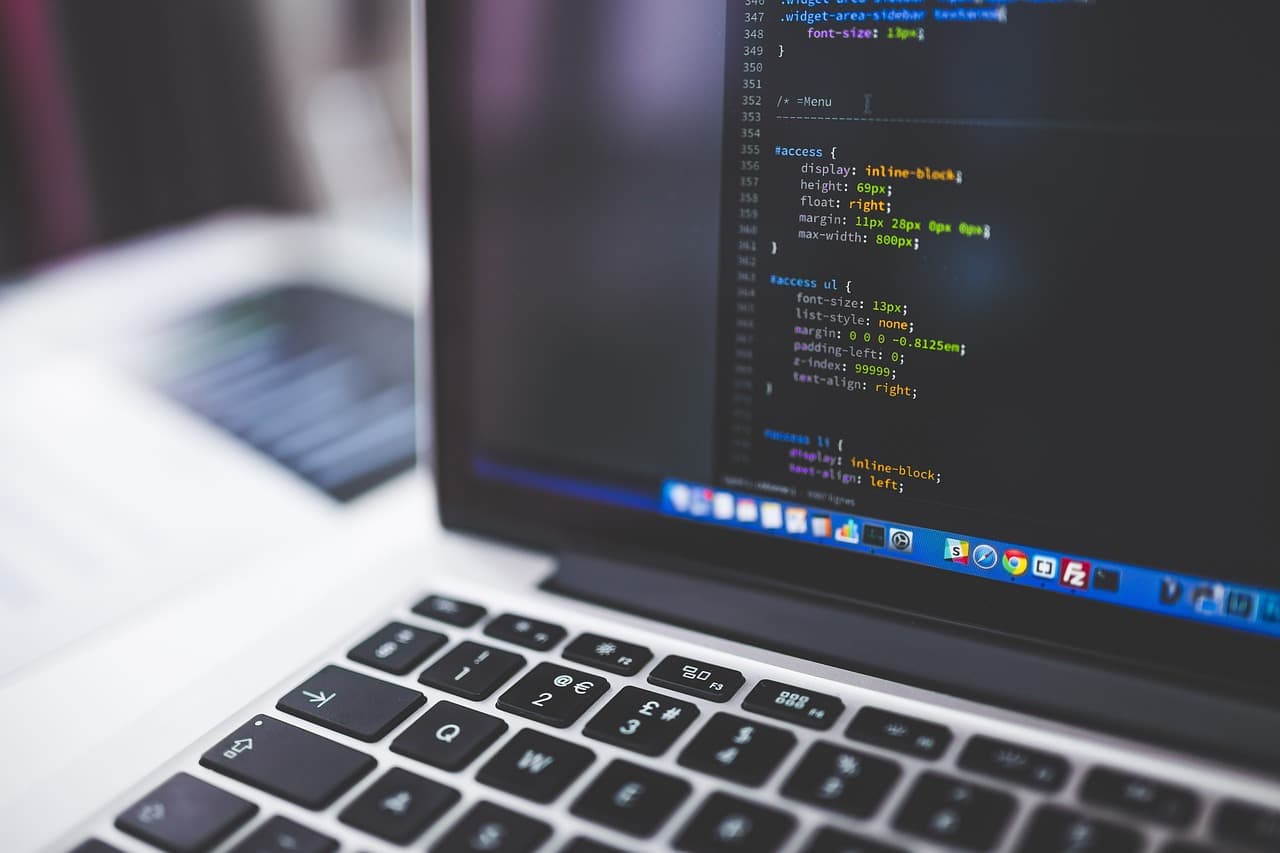Explained in 1 minute: training an AI model
In this series, we answer the question that everyone has but is afraid to ask.
Published on May 27, 2025

Team IO+ selects and features the most important news stories on innovation and technology, carefully curated by our editors.
Meta will use your Instagram and Facebook posts to train its new AI model. That is, if you don't object. But how does such a training process actually work?
An AI model is the “brain” behind artificial intelligence. Think of it as a smart algorithm that has been trained to recognize patterns and use them to make predictions or decisions. Unlike humans, an AI model does not learn through experience or intuition, but by analyzing huge amounts of data, mathematics, and optimization.
Comparing apples and oranges
It sometimes sounds like AI is magic, but at its core, it's just statistics. During training, such a model is presented with countless examples. Imagine teaching an AI to recognize fruit: first, you show it simple differences, such as between apples and pears. Then it learns more subtle things, such as texture, color differences, and other types of fruit. In this way, it builds up knowledge step by step.
Not all AI models are the same
AI comes in all shapes and sizes. Some models specialize in a single task, such as recognizing faces. Others, such as GPT, are more versatile and can do anything with text. There are models for language, images, speech, recommendations, predictions, and combinations thereof. The training process is tailored precisely to the task at hand.
Mistakes are made
Mistakes are sometimes made when training AI models. For example, if an AI learns from data in which certain groups are underrepresented, this can lead to discriminatory outcomes. In the past, we have seen this with recruitment AI that disadvantaged women. Such mistakes are often unintentional, but can have major social consequences if not corrected.
